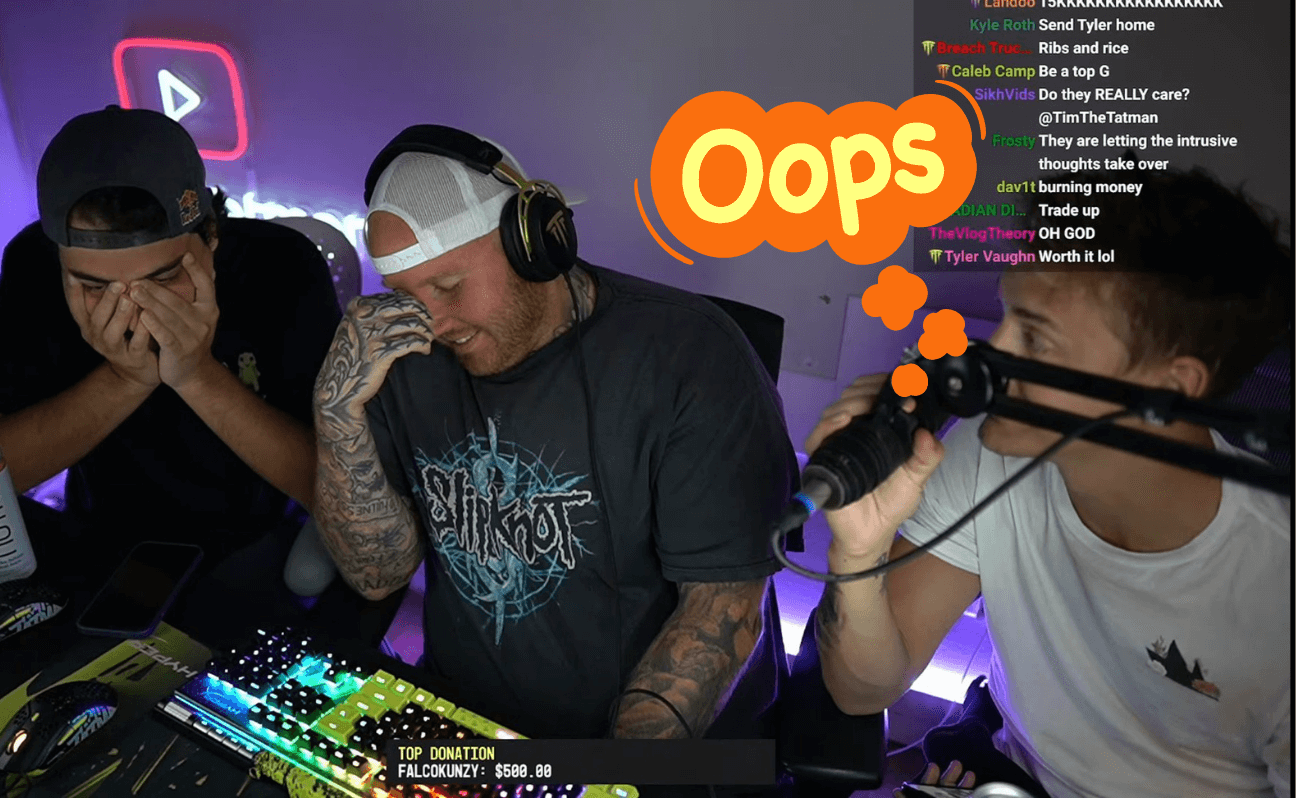
Canada Recalls Prime Energy Drink
Introduction
In a surprising turn of events, Prime Energy, a popular energy drink promoted by YouTube influencers Logan Paul and KSI, is being pulled off the shelves in Canada. The reason? An overload of caffeine content that exceeds the permissible limit set by Health Canada. This incident has ignited a broader conversation about the regulation of caffeine in beverages and the role of influencers in promoting such products.
The energy drink market has seen a significant boom in recent years, with a variety of brands vying for consumers' attention. Among these, Prime Energy has managed to carve out a niche for itself, thanks in large part to the promotional efforts of Logan Paul and KSI. These YouTube influencers, with their massive following, have played a key role in popularizing the drink among the younger demographic.
However, the recent recall by Health Canada has cast a shadow over Prime Energy's success. The regulatory body found that the drink's caffeine content—200 milligrams per serving—exceeded the national limit of 180 milligrams per serving. This discovery has led to the product being pulled from Canadian shelves, sparking concern among consumers and health authorities alike.
This incident serves as a stark reminder of the potential health risks associated with high-caffeine beverages. It also raises questions about the responsibility of influencers in promoting such products and the need for stricter regulations in the beverage industry. As we delve deeper into this issue, we'll explore the implications of this recall, the reactions it has elicited, and what it means for the future of energy drinks.
The Recall
Health Canada, the federal department responsible for helping Canadians maintain and improve their health, has issued a recall for Prime Energy due to its excessive caffeine content. Each serving of the drink contains 200 milligrams of caffeine, a figure that surpasses the Canadian limit of 180 milligrams per serving. This decision has sparked a wave of concern among consumers and health authorities alike, leading to the product's immediate removal from store shelves across the country.
The recall process is a complex one, involving multiple steps to ensure the safety of consumers. It begins with the identification of a potential hazard in a product, in this case, the excessive caffeine content in Prime Energy. Once this issue was identified, Health Canada undertook a risk assessment to determine the potential harm to consumers. The result of this assessment led to the decision to recall the product.
The recall of Prime Energy is not an isolated incident. Over the years, there have been numerous recalls of food and beverage products due to health risks. However, the recall of a popular energy drink like Prime Energy brings the issue of caffeine regulation into sharp focus. It highlights the importance of stringent regulations and their enforcement in the food and beverage industry, particularly in products marketed towards younger consumers.
The recall also raises questions about the efficacy of current regulations and whether they are sufficient to protect consumers. It underscores the need for continuous monitoring and evaluation of products in the market to ensure they meet safety standards. As we continue to explore this issue, we will delve into the role of influencers in promoting such products and the reactions from various stakeholders to the recall.
The Influencers and the Energy Drink
Prime Energy has gained significant popularity, particularly among the young fan base of Logan Paul and KSI. These YouTube influencers, known for their entertaining content and large following, have been actively promoting the drink, contributing to its widespread recognition and consumption.
In the world of influencer marketing, the power of a personal endorsement cannot be underestimated. When influencers like Logan Paul and KSI, who have millions of followers, promote a product, it reaches a vast audience. Their followers, many of whom are impressionable young people, are likely to be influenced by their recommendations. This is particularly true for products like energy drinks, which are often marketed as a way to boost energy and improve performance.
However, the promotion of Prime Energy by these influencers has come under scrutiny in light of the recent recall. The high caffeine content in the drink, which exceeds the permissible limit set by Health Canada, has raised concerns about the potential health risks for consumers, particularly young ones. This incident raises questions about the responsibility of influencers in promoting products, especially those consumed by a young and impressionable audience.
The role of influencers in marketing products is a topic of ongoing debate. While influencers can play a significant role in raising awareness about a product and driving sales, they also have a responsibility to ensure that the products they promote are safe for their audience. The recall of Prime Energy highlights the need for influencers to be more discerning in their product endorsements and to consider the potential implications for their audience.
Health Concerns and Reactions
The high caffeine content in Prime Energy has raised several health concerns. Caffeine, while a common ingredient in many beverages, can pose health risks when consumed in excessive amounts. These risks include heart problems, anxiety, and digestive issues, particularly in young adults and children who may be more sensitive to its effects.
U.S. Senator Charles Schumer has been vocal about these concerns, labeling the drink as a "serious health concern." His statement highlights the potential risks associated with excessive caffeine intake and calls for greater scrutiny of products with high caffeine content. Schumer's comments have added to the growing chorus of voices raising concerns about the safety of high-caffeine beverages.
The reaction to the recall of Prime Energy underscores the need for consumers to be aware of the ingredients in the products they consume. It also highlights the role of public figures and health authorities in raising awareness about potential health risks and advocating for safer products.
Prime Energy's Response
In response to the allegations and the subsequent recall, a representative from Prime Energy defended the drink's caffeine content. They stated that the level of caffeine in Prime Energy is comparable to other competitors in the market, suggesting that the drink is not an outlier in terms of its caffeine content.
The representative also pointed out that the drink comes with a warning label indicating it is "not recommended for children under 18." This defense brings to light the ongoing debate about the adequacy of warning labels on products with potentially harmful ingredients. While such labels provide important information, questions remain about whether they are sufficient to inform consumers about potential health risks, particularly when products are marketed to younger audiences.
The UK Incident and Potential Solutions
Recently, a child in the UK experienced a cardiac episode after consuming Prime Energy, further intensifying the concerns around the drink. This incident serves as a stark reminder of the potential health risks associated with high-caffeine beverages, particularly for younger consumers.
However, the UK version of the drink contains a lower caffeine content, suggesting a potential solution could be to distribute the UK version in Canada to adhere to the caffeine limits. This proposal raises interesting questions about the regulation of products in different markets and the potential for companies to adapt their products to meet local regulations.
While this solution could potentially prevent future recalls, it also underscores the need for a more comprehensive approach to regulating caffeine content in beverages. This approach could include stricter regulations, better enforcement, and greater transparency from companies about the ingredients in their products.
The recall of Prime Energy in Canada brings to light the critical issue of regulating caffeine content in energy drinks. As the situation unfolds, it remains to be seen how Prime Energy will address these concerns and what steps will be taken to ensure the safety of consumers. This incident serves as a reminder of the importance of consumer awareness and the role of regulatory bodies in protecting public health.






Commenting is reserved for registered members only.
We value your input and appreciate your interest in leaving a comment. However, in order to maintain a secure and interactive community, commenting privileges are exclusive to registered members.
If you haven't already done so, we invite you to register now to unlock the ability to leave comments and engage with our content.